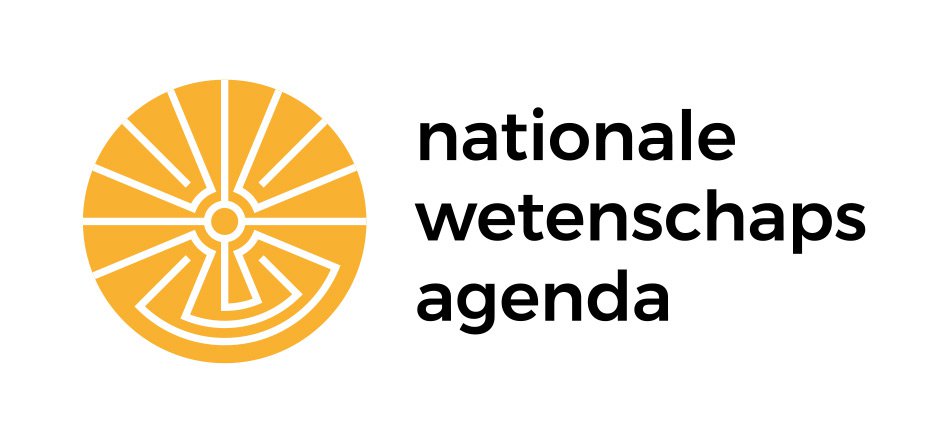Success in second round of the Dutch Research Agenda
Researchers from the Faculty of Civil Engineering and Geosciences (CEG) will work in three consortia with the entire knowledge chain and societal organisations to conduct interdisciplinary research that will bring scientific and societal breakthroughs within reach. The awarded projects and consortia focus on societal questions, and receive funding from the Dutch Research Agenda (NWA) programme.
TU Delft participates in a total of nine consortia.
Summaries of the projects (more details on the website of Dutch Research Council NWO):
LIVING DIKES – Realising Resilient and Climate‐Proof Coastal Protection
Living dikes are a promising way to climate‐proof the Dutch coast. Living dikes consist of a soft foreland and a green dike. This research facilitates the construction of living dikes by weighing interests, testing living dikes under extreme conditions and formulating design rules to be applied by end‐users.
CEG researchers involved: Stefan Aarninkhof, Alessandro Antonini and Bas Hofland(Hydraulic Engineering)
Save the tiger! Save the grasslands! Save the water!
Less than 4000 wild tigers are alive. At the foot of the Himalayas, grasslands where the tigers hunt for deer are disappearing. The ecohydrological dynamics of these grasslands becomes characterised. From this, we will establish guidelines for sustainable management of the landscape and the water systems using co-creation.
CEG researchers involved: Maurits Ertsen, Thom Bogaard, Astrid Blom and Martine Rutten (Watermanagement en Hydraulic Engineering)
The Dutch Black Hole Consortium
This “Dutch Black Hole Consortium” will carry out an interdisciplinary black hole research programme, from developing telescope technology and doing geological research for the upcoming Einstein Telescope, to pure astronomy and foundational questions, curiosity driven, and with an educational and citizen science programme to further enhance societal impact.
CEG researcher involved: Läslo Evers (Geoscience & Engineering)
